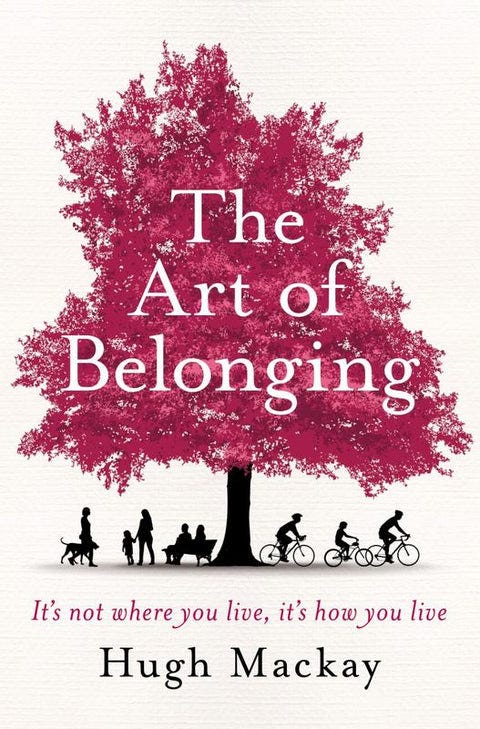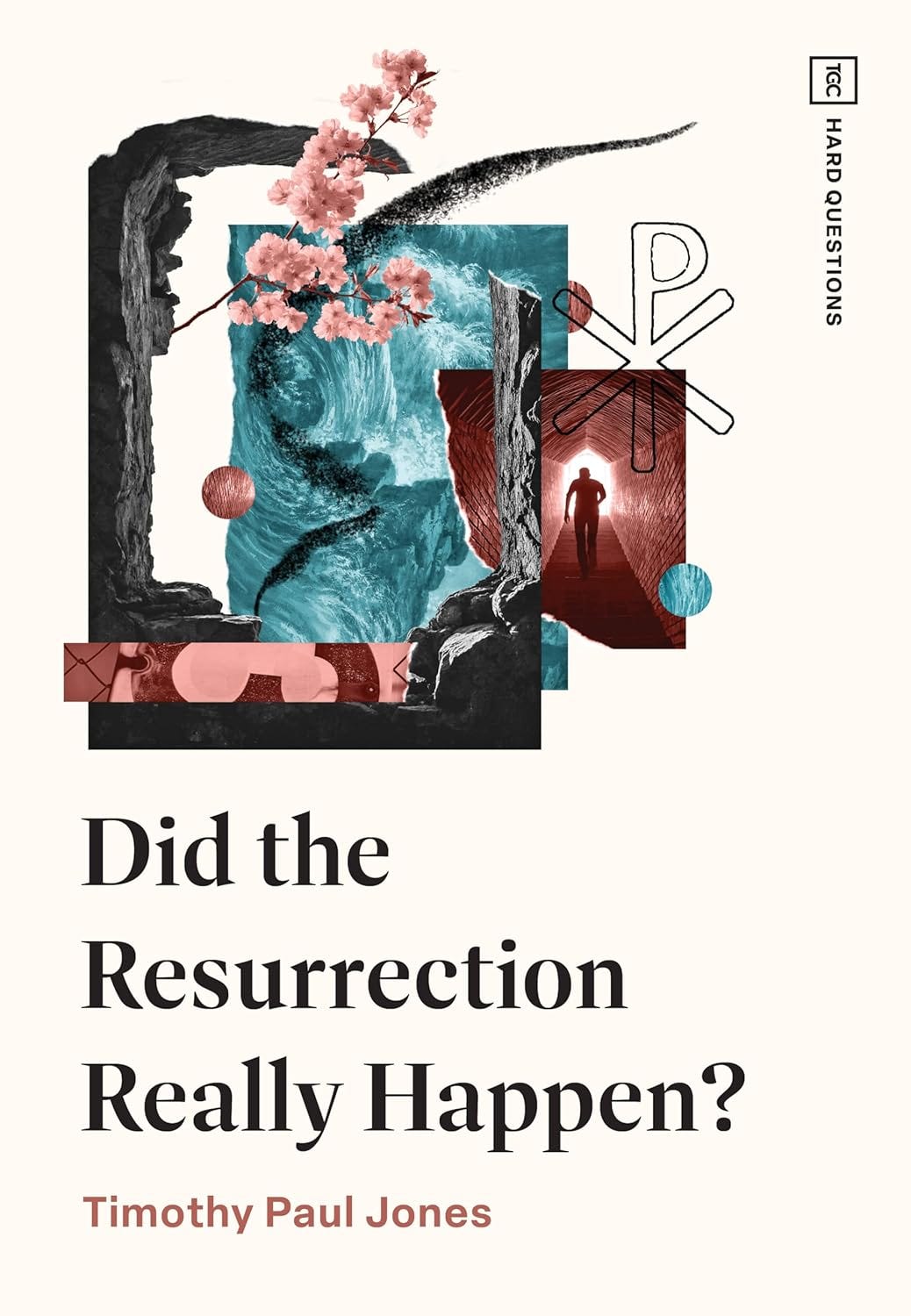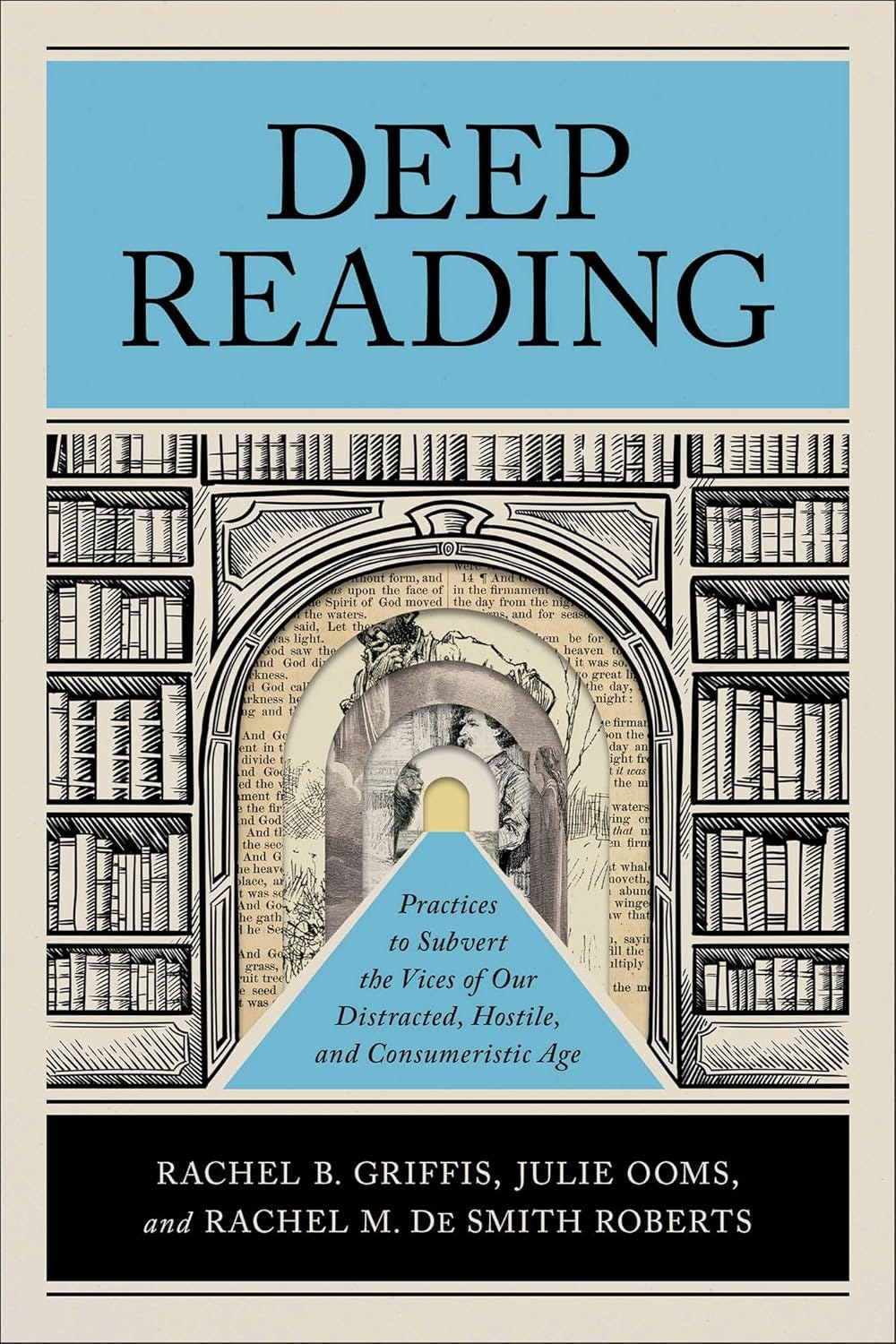It has now been 8 months since I finished up as a Children’s Ministry Advisor for Youthworks and began full-time as the Kids Pastor at Soul Revival Church. As I continue to settle into the new normal of working full-time in local church children’s ministry, I am still working out regular rhythms for reading, writing, and research alongside the primary vocation of pastoring the children and families of our church.
Aspirationally, I would like to be contributing new content to SubStack every fortnight or so. However, there is value in the old adage of under-promising and over-delivering.
With that in mind, here’s a glimpse of what is coming up, some projects that I’m working on, and a short review of books read over the last month.
Coming Up on The Child In God’s Church…
Each Tuesday, you can still expect to receive an article from the vault of previous writings that have been variously published through Youthworks and on my old blog site. Here’s the coming schedule:
6th May - Five Questions To Ask Before Using a Children's Bible
13th May - Parents and Churches: Raising Kids Together
20th May - Ask Your Children Better Questions
27th May - Guess how much I love you?
There will also be fresh episodes of The Shock Absorber podcast each Thursday where
leads me and our Senior Pastor, Stu Crawshaw, through various discussions on the theology, strategy and practice of church ministry at Soul Revival Church. If you haven’t watched or listened to an episode of The Shock Absorber yet, check out mine and Joel’s conversation on recent data on the currents and undercurrents of Australian Christianity in the link below.Conferences and Seminars
Last weekend, I had the privilege of leading a seminar on ‘Helping Kids Share Their Faith’ at the Children’s Ministry Conference at Sydney Missionary and Bible College. This is a great conference for children’s ministry leaders from across Sydney, which is also broadcast to hubs across regional NSW, Australia and internationally.
The big news this month is that I’ve been able to secure the funding for the trip across to Intergenerate inis June. Thanks to paid subscribers to this SubStack, one-off donations to my GoFundMe campaign, and research grants from Youthworks College and the Australian University of Theology, plane tickets have been bought and accommodation is being worked out.
There is still the opportunity to partner in this project and contribute to the other ongoing costs of speaking and travel to America by upgrading to a paid subscription on SubStack or by donating to the GoFundMe campaign.
The Library - Books Read in April
Religion as a Chain of Memory - Danielle Hervieu-Léger
Hands down, the toughest books I’ve read all year, Hervieu-Léger is a French sociologist of religion, seeking to answer the riddle of how sociologists can study religious communities without “reduc[ing] religion either to the materiality of its emergence or to a collective consciousness through which society affirms itself.” The term ‘religion’ has been both reduced to particular practices of traditional societies, but at the same time expanded to include practices that are not traditionally religious (e.g., sport is my religion).
Hervieu-Léger seeks to maintain the importance of restricting the language of religion to traditional belief systems that have theological and/or divine importance, but also are able to be investigated by the sociologist due to their activities, practices and active beliefs. The concept that religion is “a group of believers signif[ying] to itself and to the world outside its adherence to a continuing line of descent which gives entire justification to its relationship with the present” is—to the extent I understand that sentence—important for my ongoing research into the way in which intergenerational faith communities pass on the Christian faith to the young people in their midst.
I’m going to have to re-read Religion as a Chain of Memory to really understand Hervieu-Léger’s argument. But the 50% I understand from the first read through is thrilling!
The Art of Belonging - Hugh Mackay
Hugh Mackay is one of Australia’s leading social commentators and I have greatly valued several of his previous works. In his typical conversational style, Mackay tells the story of a fictional Australian town, bringing to light various topics and dynamics that make up our social life in neighbourhoods and communities. From book clubs to community theatre, school P&C meetings to parklands, we are made for community. Mackay helps us think about how we can thrive in our communities and by doing so, live into the fullness of who we are.
“We are not only defined but actually sustained by our social networks. We thrive on being part of a community — whether that’s familial, social, residential, intellectual, cultural, political, religious, professional or vocational. In the end it makes no real sense — no biological sense, no psychological sense — for us to dwell on our identity as individuals. That’s not who we are. We’re tribal. We’re social. We’re communal. We need to belong.” p.20
Though not coming from a theological perspective, there are two take aways for the Christian. Firstly, how can church be more like the kind of thriving community that Mackay describes. Secondly, how can Christians be salt and light into the other varied community gatherings and settings that exist in their neighbourhood.
Did the Resurrection Really Happen - Timothy Paul Jones
A very short book but very excellent book by
on the facts around the resurrection. Designed for curious unbelievers, this book will also be an encouragement to Christians to understand the historic reliability of the central tenant of our faith. For those familiar with apologetics literature, there is nothing particularly new in terms of content. However, Jones writes with a clear style and appropriate tenderness and humour that makes this little book an accessible read.Read more of Jones’ writing at
.Deep Reading: Practices to Subvert the Vices of Our Distracted, Hostile, and Consumeristic Age - Rachel B. Griffis, Julie Ooms, Rachel M. De Smith Roberts
I’ve recently discovered that my local library’s audiobook catalogue has a surprising number of Christian titles. I’ve also found out that not every book can be appropriately consumed through audiobook. Deep Reading was one such book. I appreciated the dissection of various reading practices and (ironically) the encouragement to take seriously the various suggestions on how to read deeply. I need to revisit in a physical copy the various suggestions for helping student in the classroom read deeply, which I anticipate will be helpful for my own college teaching. I am also still processing their critique of “worldview” reading practices, something that may appear in a longer article at another time.
Gentlemen and Players - Joanne Harris
Finally, Gentlemen and Players is a thrilling psychological drama set at St Oswald’s, a upper class, day-school in England. The first person narration of chapters oscillates between the close-to-retirement Latin teacher, Roy Straitley, (who drops regular, untranslated, Latin phrases) and an unnamed member of the school staff, who is plotting the school’s demise. Amongst the regular business and stresses of high school, the increasing tension of the cat and mouse game, questionable reliability of the unnamed narrator, and escalating harm they bring to the school, staff and students, had my mind guessing and heart racing. I’m looking forward to getting into the sequels.
The Unlibrary - Books Not Yet Read
An “unlibrary” contains the books you know of and have not yet read. Being reminded that there are books yet to read represent potential knowledge, opportunities for further curiosity, and fosters intellectual humility.
Gallipoli Soup: A war story of statecraft and sacrifice - Tim Knight
ANZAC Day in Australia is out national holiday to remember and commemorate our veterans and armed forces. It is celebrated on 25th April, the anniversary of the landing of Australian and New Zealand Army Corps troops at Gallipoli, Turkey. My family visited the Australian War Memorial in the week before ANZAC Day this year and my overwhelming impression was how little I knew about Australia’s military history. So, in the book store, I picked up a copy of Gallipoli Soup, a new publication written by friend-of-a-friend, Tim Knight. I’m looking forward to filling in some missing pieces in my understanding of one of modern Australia’s defining myths.
If you have your own thoughts on any of these books, suggestions for things I should be reading, or ideas for future blog posts, I’d love to hear from you. Leave a comment below to share your thoughts. As an Amazon Associate I earn from qualifying purchases.











